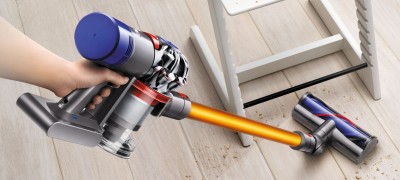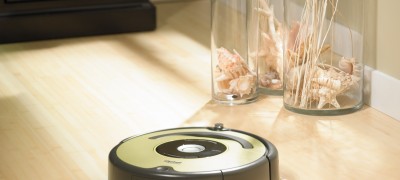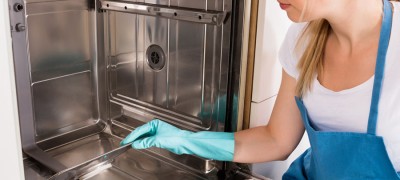How to use the washing machine
The washing machine is a familiar and convenient tool that allows you to easily and effectively clean and refresh your laundry. However, in order to obtain the maximum result and keep the equipment itself intact, it is necessary to study some of the subtleties of operation.

Washing machine advantages
Modern washing machines are extremely diverse - from narrow compact semiautomatic devices to full-fledged multifunctional automatic models. At the same time, there is a division according to a number of criteria:
- according to the principle of operation - semi-automatic and automatic;
- by design - activator and drum;
- by type of placement - built-in and free-standing;
- by loading methods - vertical and frontal;
- by type of motor - collector and inverter.
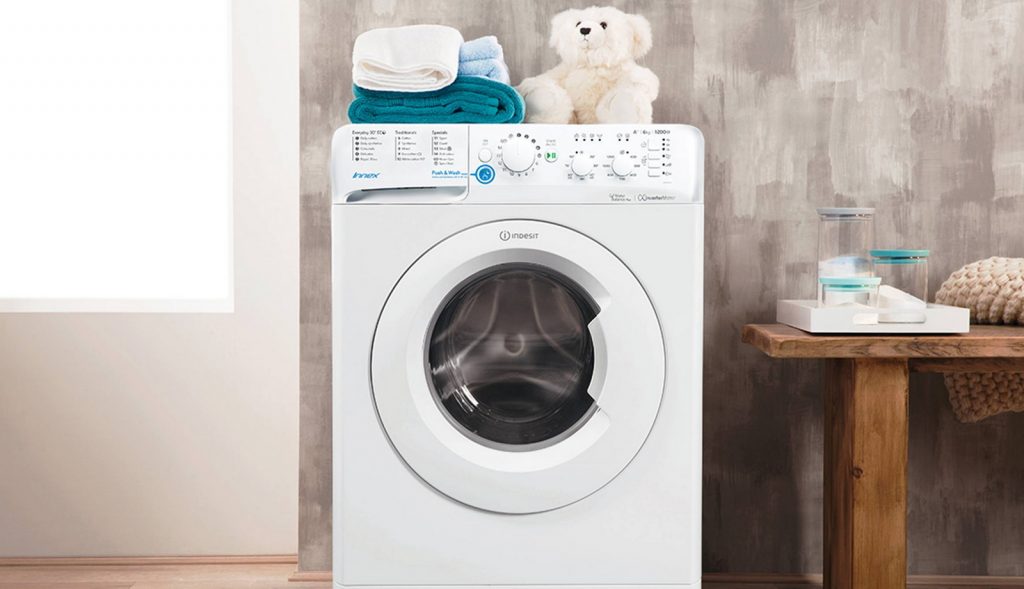
Devices of each category differ from each other in structure and features of operation. Therefore, when choosing a suitable model, it is worth starting from the conditions of accommodation and requests.
When choosing a typewriter according to the download method, you should proceed from the amount of free space.
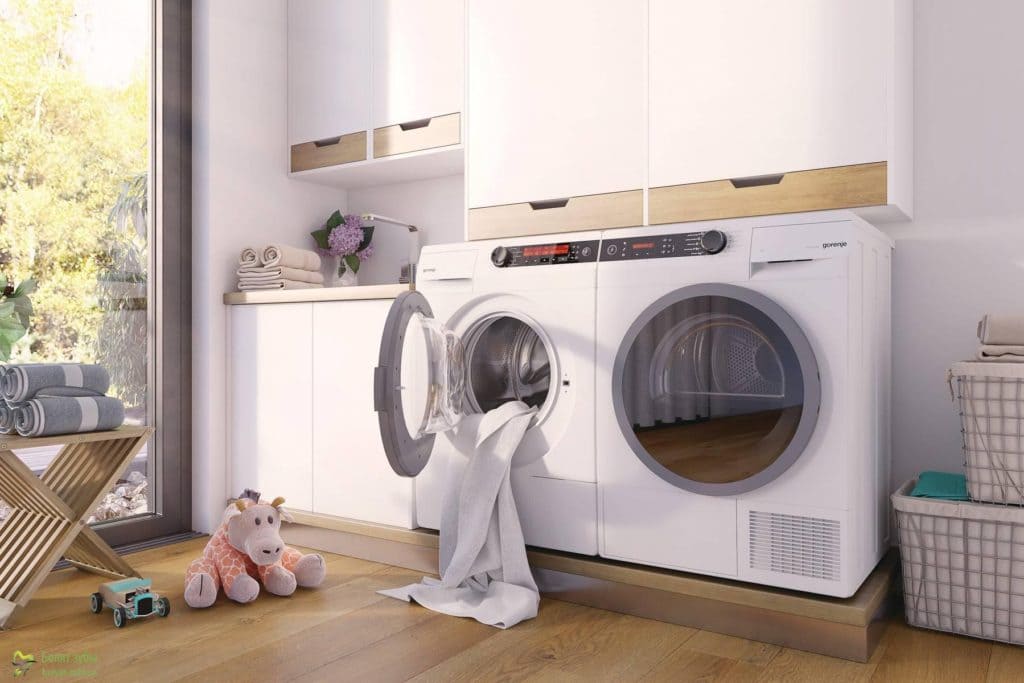
Note! The existing opinion about the differences in the quality of operation of devices with different types of boot is erroneous. Both groups of models wash linen with equal quality, and also have the same service life.
Front-loading machines are more popular in the modern market due to the following advantages:
- Attractive appearance.
- Possibility of being built into furniture. Typically used in kitchen installations.
- The ability to use the top surface as a shelf for storing laundry items.
- Large capacity. It can reach 14 kg, although models with a volume of 6-9 kg are more often chosen.
- The ability to monitor the washing process through the glass loading hatch.
The main disadvantage of such units is their size: the average depth and width are 60-85 cm, which creates certain difficulties in placement. At the same time, there are also narrower models with a width of no more than 40 cm, but their load limit does not exceed 3-5 kg.
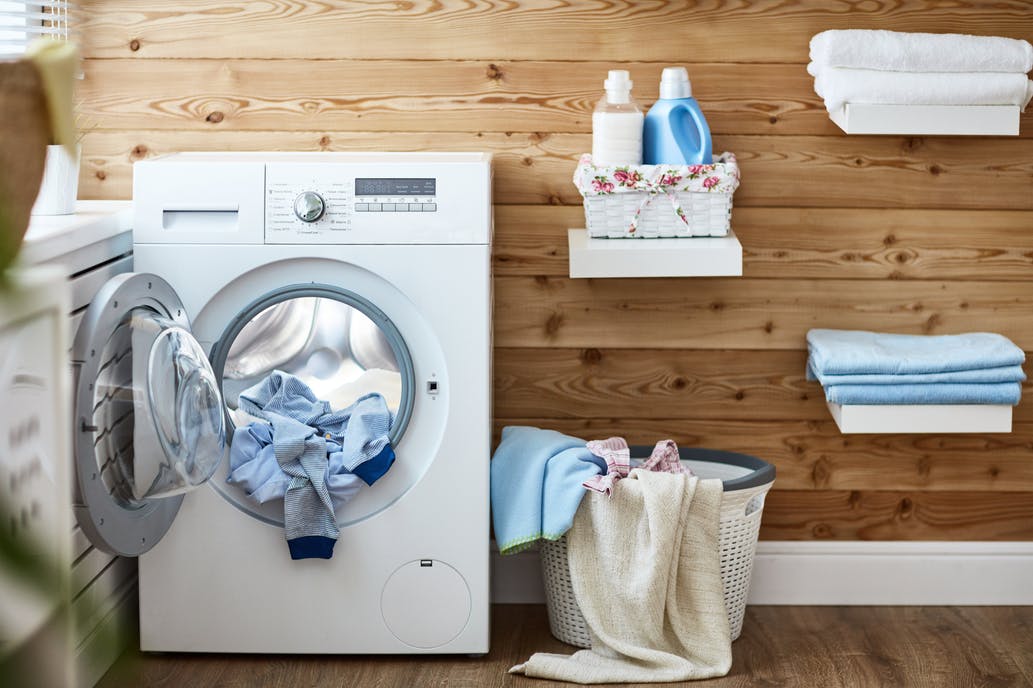
The advantages of top-loading machines include:
- compactness (average width is 40-45 cm, and depth is 60 cm);
- the possibility of additional loading.
The disadvantages are the following:
- scarcity of design;
- the inability to use the top surface as a shelf;
- small loading volume, not exceeding 6 kg.
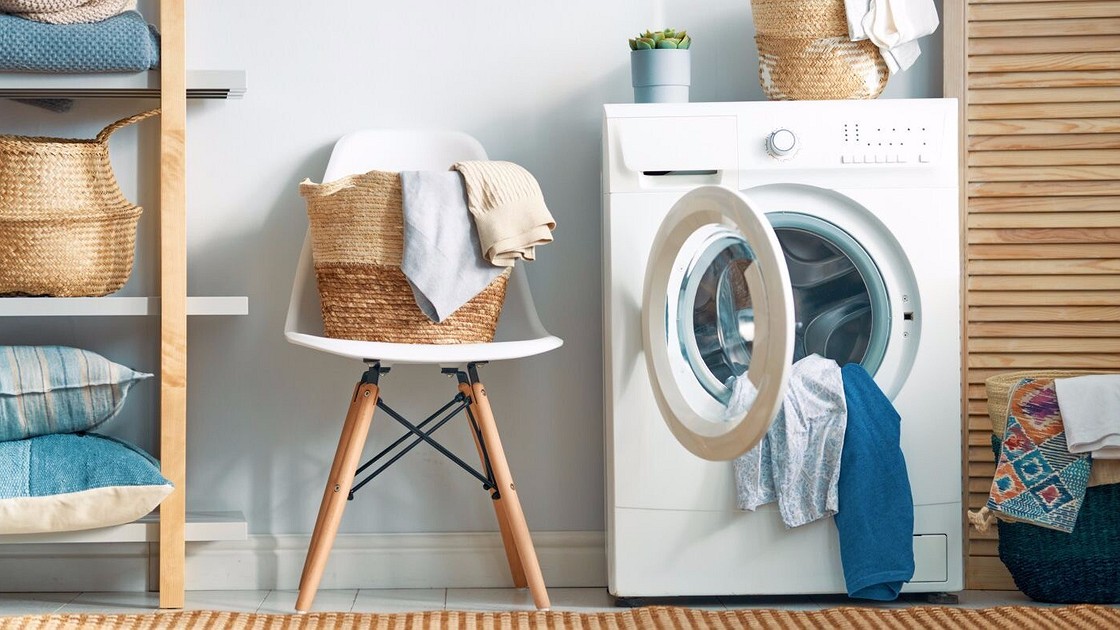
When choosing the type of equipment, one should proceed from the required functions and price range.
Installing the washing machine
Important! Before starting the installation, it is necessary to clarify whether self-installation will affect the validity of the warranty.
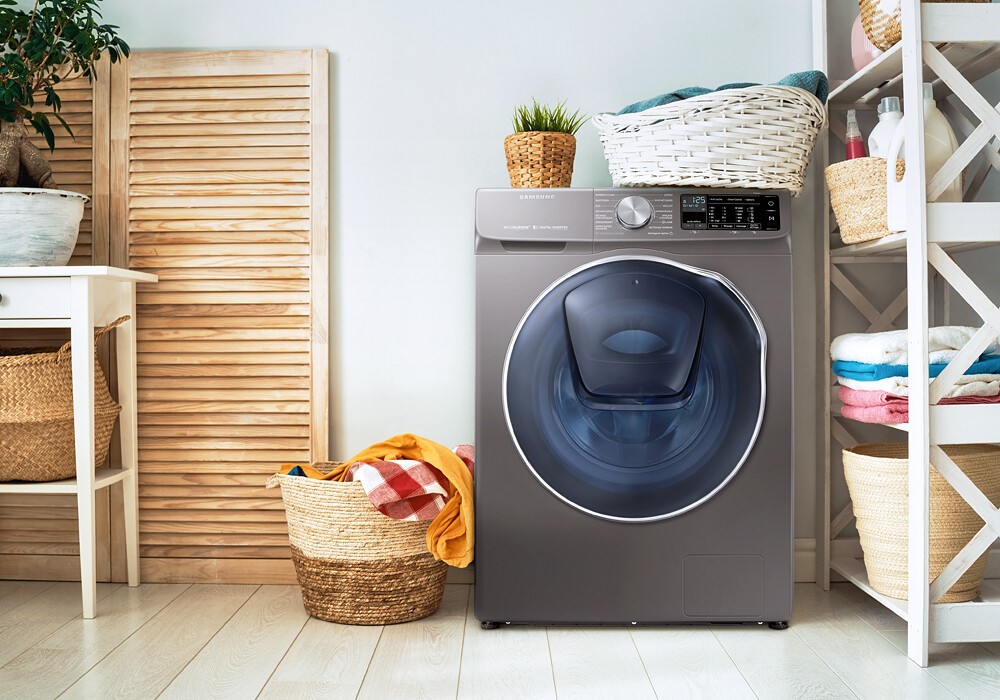
Check for defects prior to installation. This requires the following:
- Unpack the equipment. In case of dimensional discrepancy or problems in operation, it is better to save the packaging for several days.
- Exclude damage. It is necessary to carefully inspect the car for the presence of scratches and dents.
- Swing the technique from side to side. If noise or tapping is found, then it is better to refuse the product.
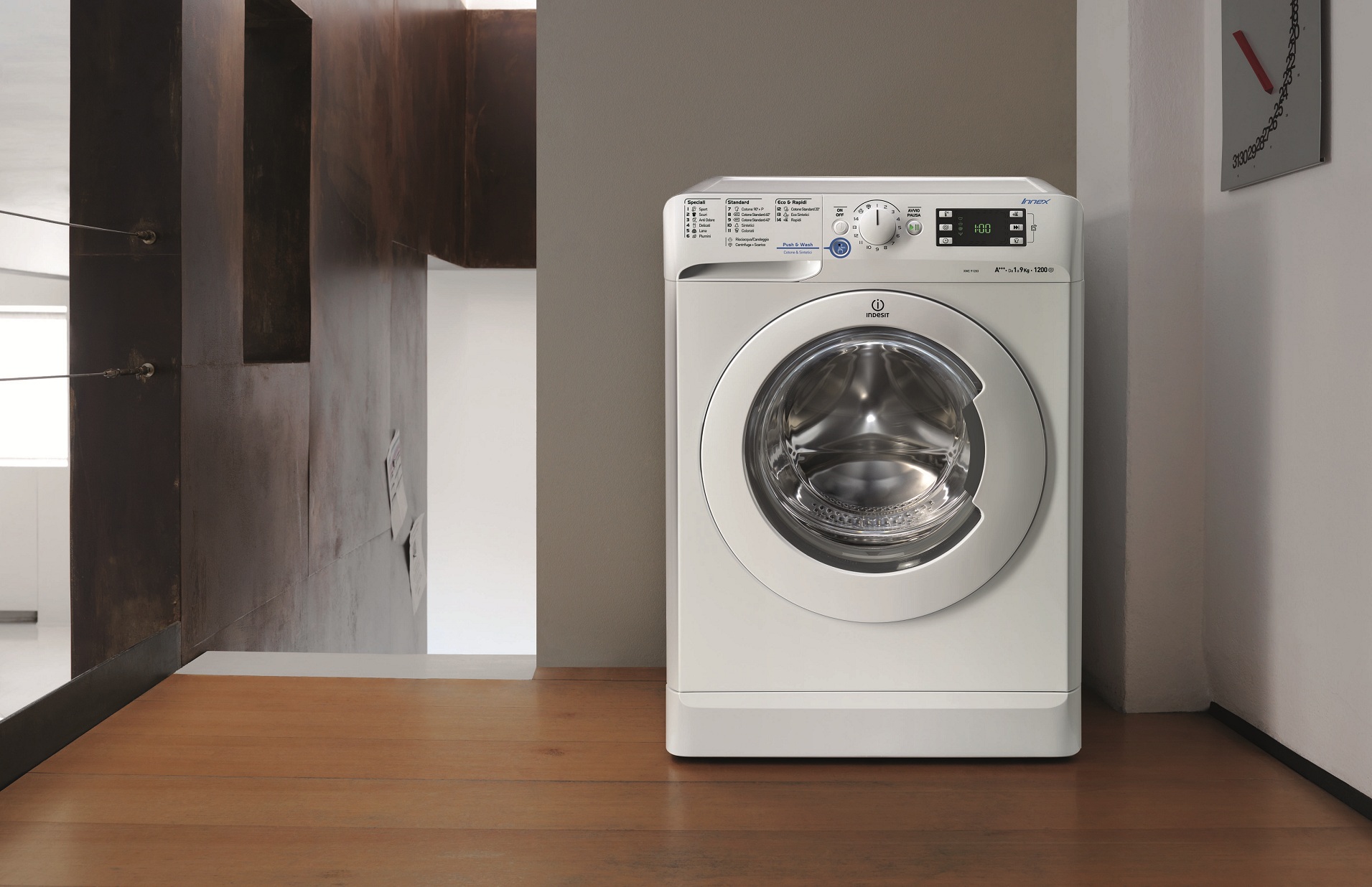
Also, before carrying out work, you should carefully read the instructions. Installation will require materials and tools such as:
- outlet to the sewer in the form of a pipe with a diameter of 32 mm;
- a faucet for a typewriter that regulates the water supply;
- cold water supply provided by a three-quarter inch tap;
- safety valve for the sewer pipe;
- clamp for connecting the sewer and the hose;
- wrench;
- 10-20 volt socket with protective cover.
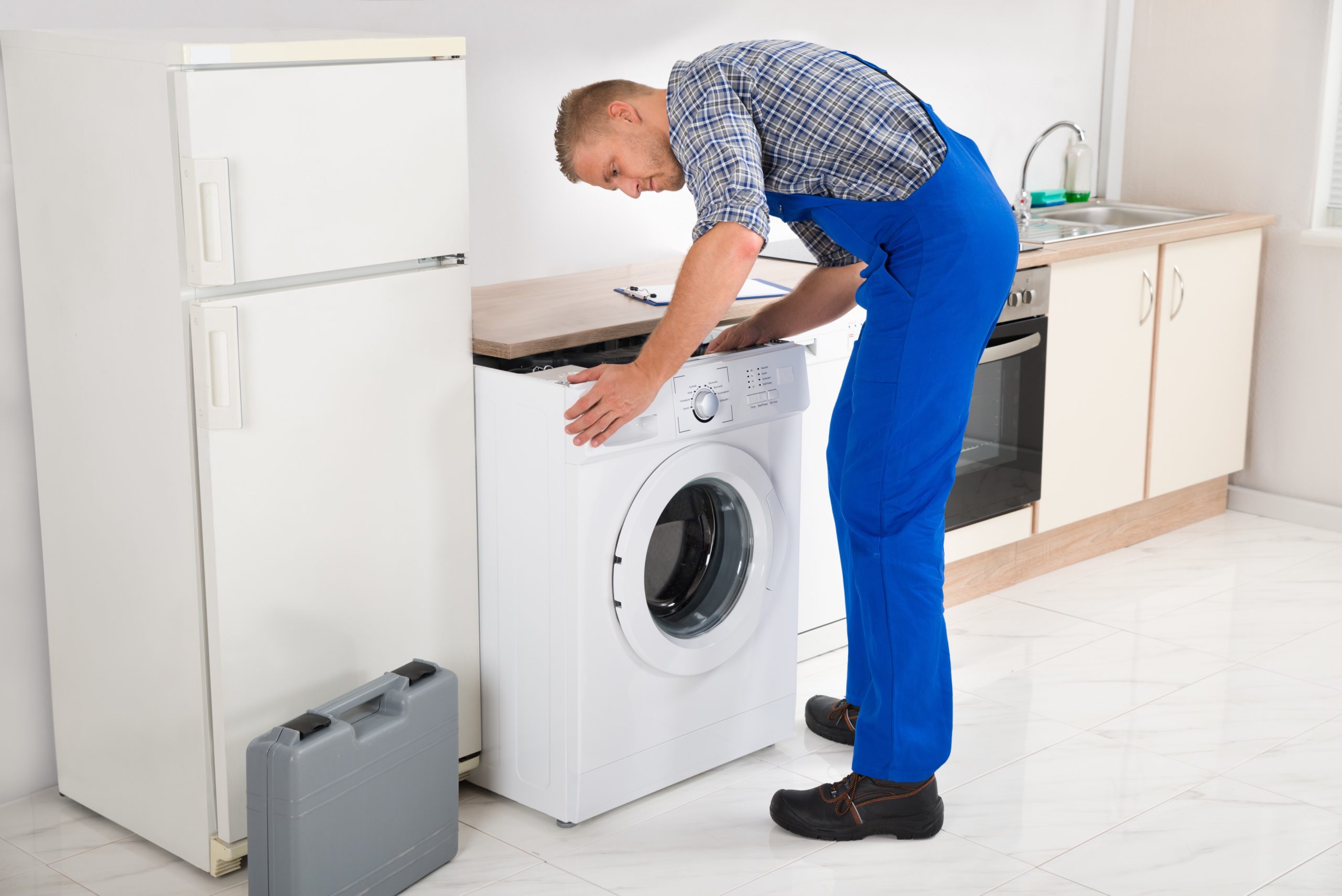
Next, a suitable place for placement is selected. It should be a solid, horizontal surface with easy access to the outlet. It is important that the wire from the machine is not taut. After that, you need to prepare the unit itself:
- clean from protective film and other foreign elements;
- using a wrench, remove the shipping bolts securing the tank;
- release the drum from all installed clips;
- close all holes that appear with plugs.
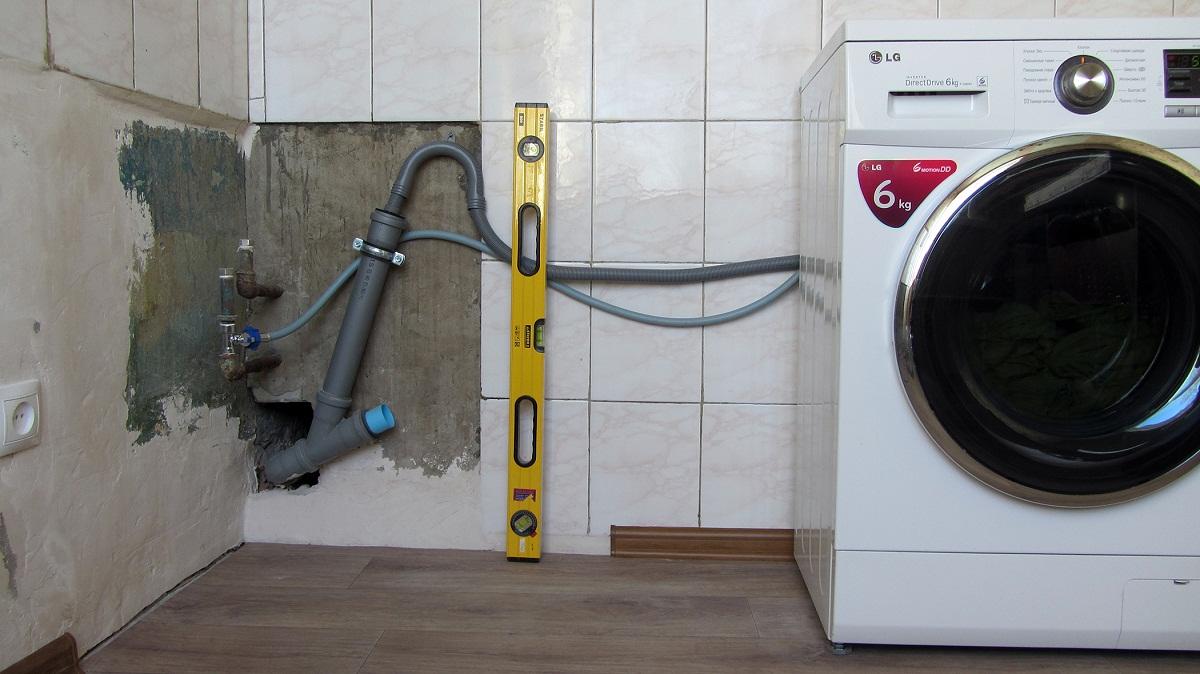
The subsequent installation looks like this:
- Setting up the stand. It should be as stable as possible so that the machine does not shake during washing, and also be located exactly horizontally relative to the floor. To prevent slipping, rubber caps are installed on the legs.
- Setting up the electrical network. It is important that the socket is properly grounded, otherwise the machine will shock you.
- Water supply and sewerage connection. The unit is connected to cold water using the inlet hose. There is a sluice on the rear wall of the device, using which it is necessary to connect the drain hose and fix it with a hook at a height of no more than 90 cm. Additionally, a shut-off valve is installed.

Note! Insufficient stability results in improper operation, causing unnecessary noise and vibration.
After that and, if possible, before turning on the washing machine, you need to check for leaks that may form at the joints. If they are absent, then the equipment is ready to work.
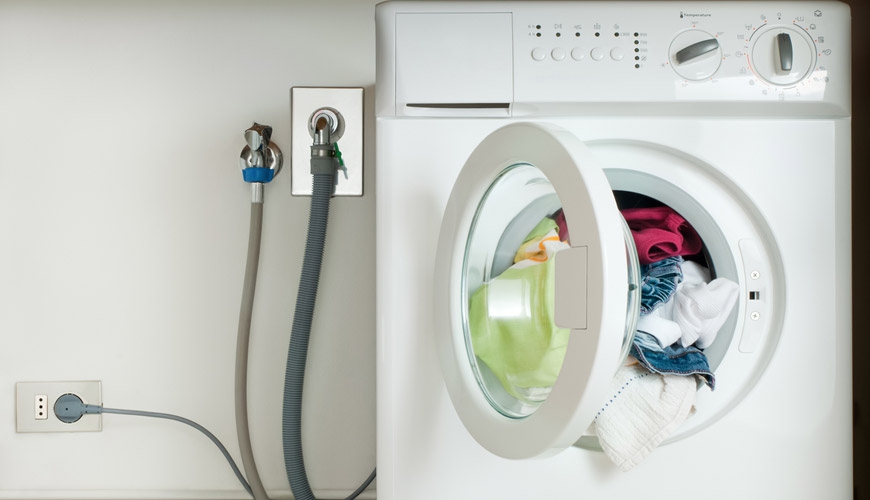
How to prepare for washing
Soiled laundry should be stored in a dry, ventilated place, such as a wicker basket, before washing in an automatic machine. High humidity causes not only unpleasant odors, but also stubborn stains.
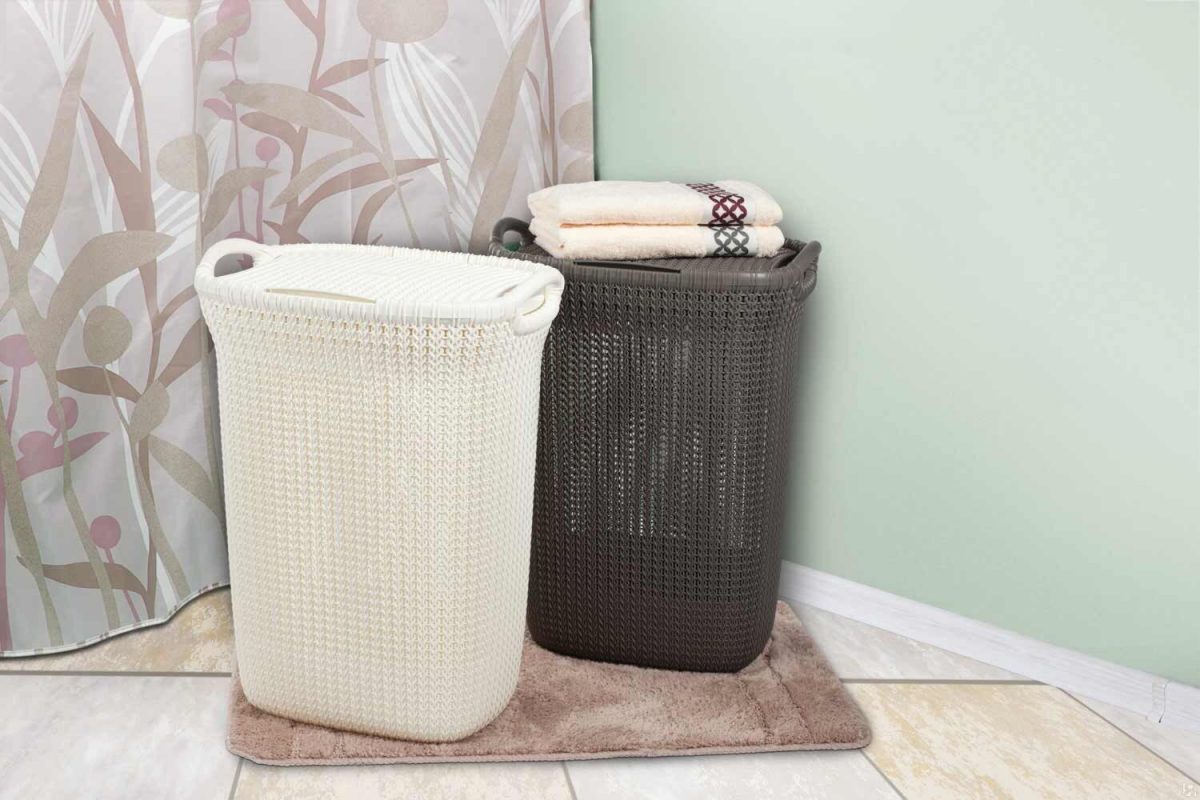
Prepare clothes for washing as follows:
- completely empty all pockets;
- turn skirts and trousers inside out for better color retention;
- straighten the cuffs of the shirts, remove the cufflinks;
- turn bed linen inside out and clean from dust in the corners;
- fasten buttons, zippers and hooks;
- unfasten the buttons;
- to knit ribbons and laces;
- treat stains with suitable products.

Note! If there are torn places on the clothes, then they must be sewn up before washing, as they can increase in the process.
How to sort clothes
There are a number of sorting rules to follow:
- By color. Separate white, dark and light clothes, as well as denim. The latter can be washed along with dark items, but it is preferable to do it separately.
- By the weight of the fabric. This separation will preserve the original appearance of delicate fabrics, as well as prevent coating with pile and fibers. It will also speed up the drying process.
- By the degree of pollution. In the presence of especially dirty items, they should be washed separately, with soaking and using a different mode.
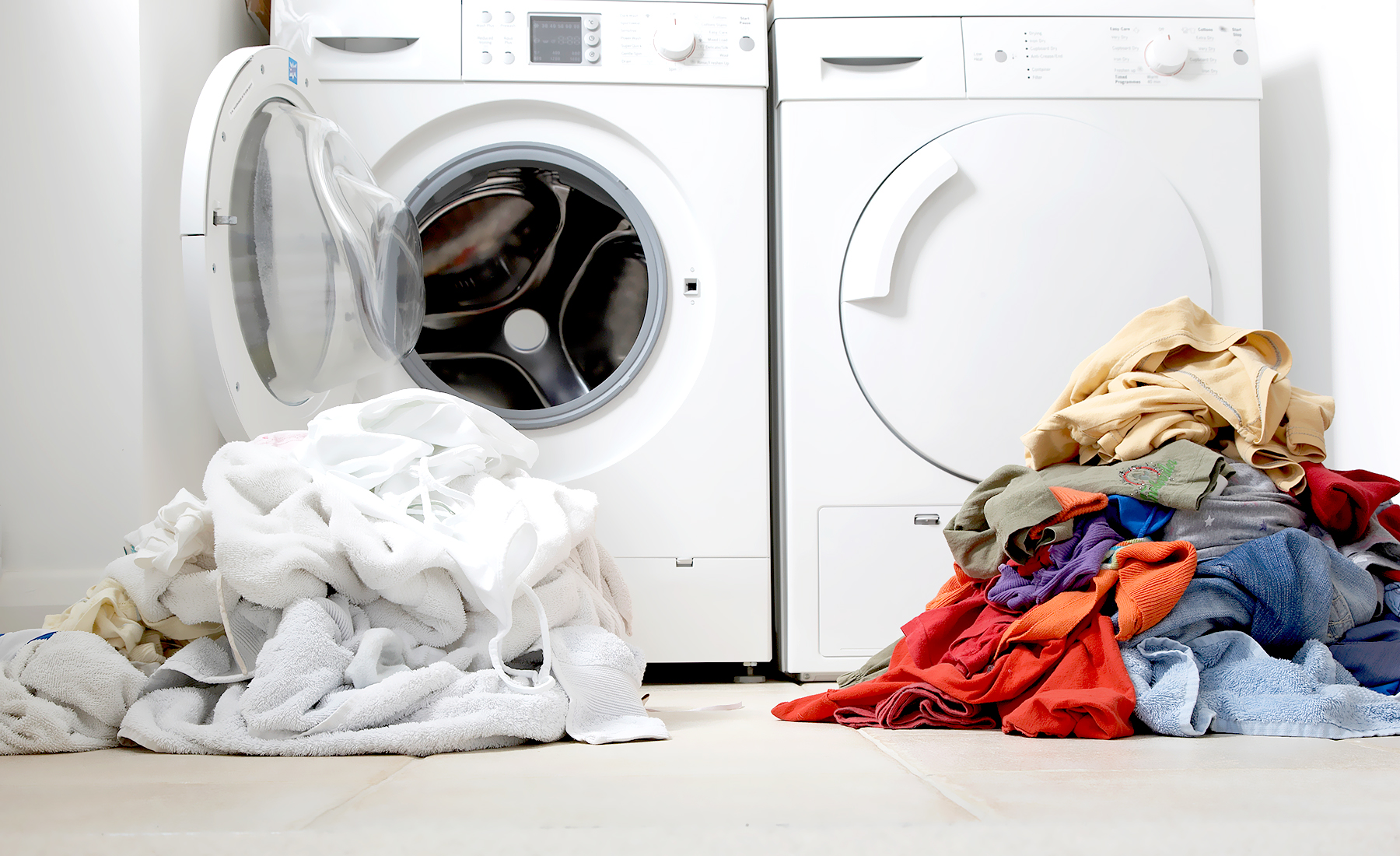
Note! It is preferable to wash things made of delicate fabrics in special bags.
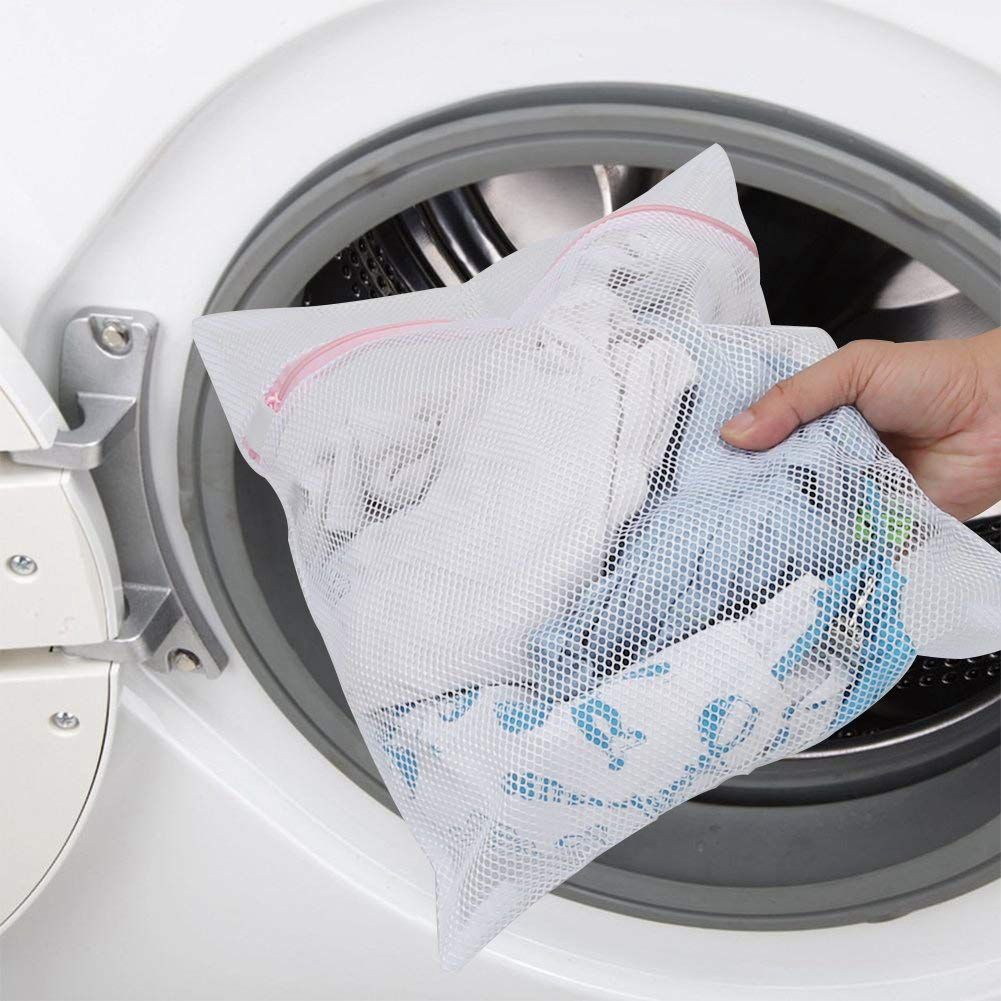
Washing machine detergents
The following detergents are available for automatic washing:
- washing powders;
- washing gels;
- bleaches;
- stain removers;
- conditioners and conditioners.
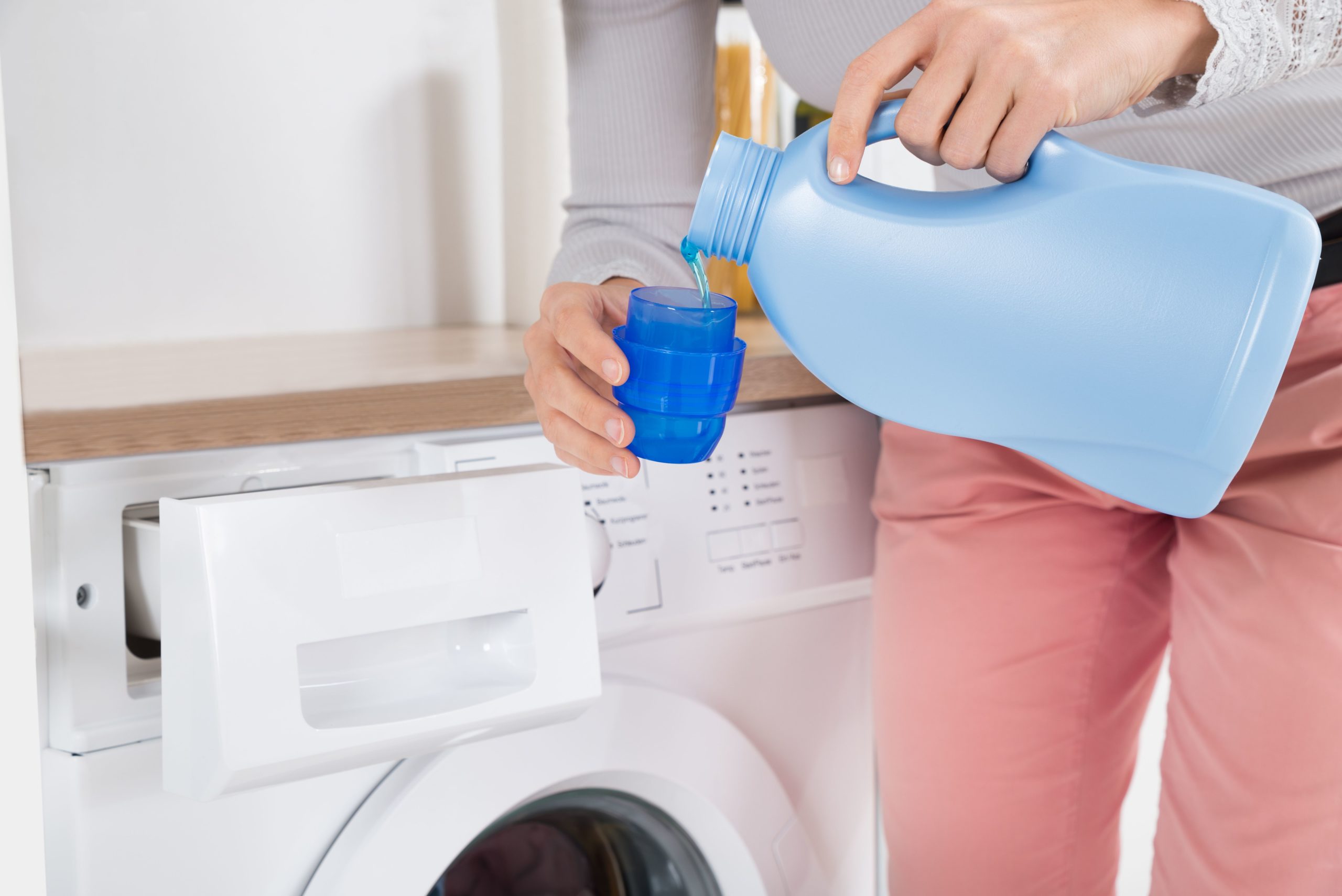
The first two categories are basic and interchangeable, as they do the main job of removing contaminants. Others are optional but not required. There are also complex products such as detergent and conditioner.
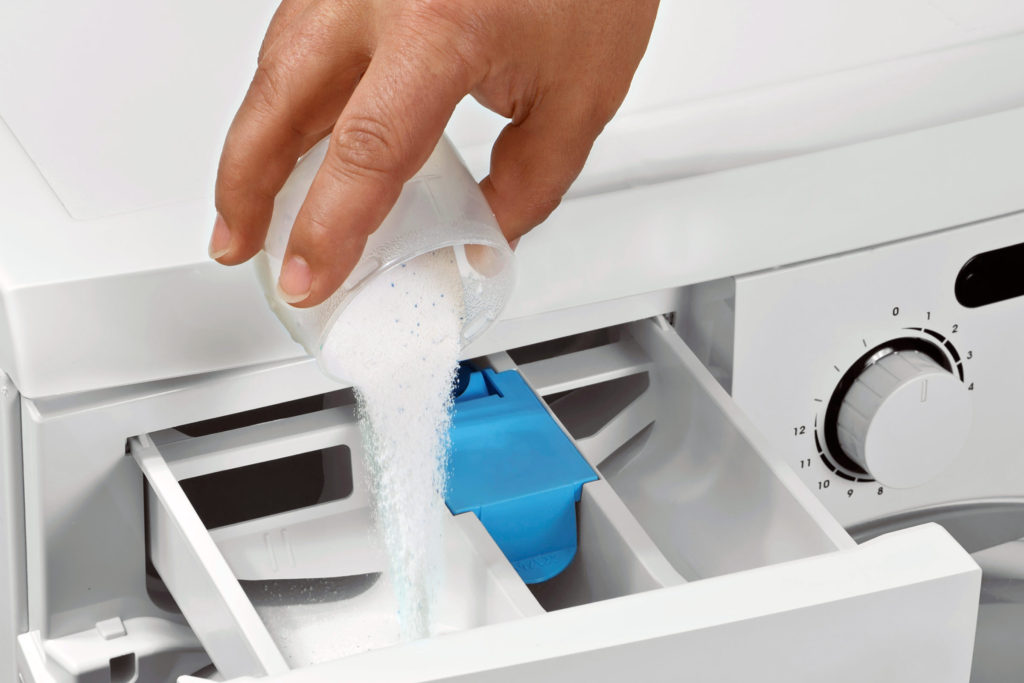
How to choose the right mode and temperature for washing
To know how to use an automatic washing machine, you need to understand the washing modes. They may vary depending on the model. However, there are universal categories, based on which you can easily select the appropriate parameters:
- wool products - temperature less than 40 ° C, minimum speed during spinning;
- delicate fabrics - temperature no more than 40 ° C, medium speed;
- synthetic products - temperature less than 60 ° C, medium speed;
- linen and cotton garments - temperature no more than 95 ° C, maximum spin.
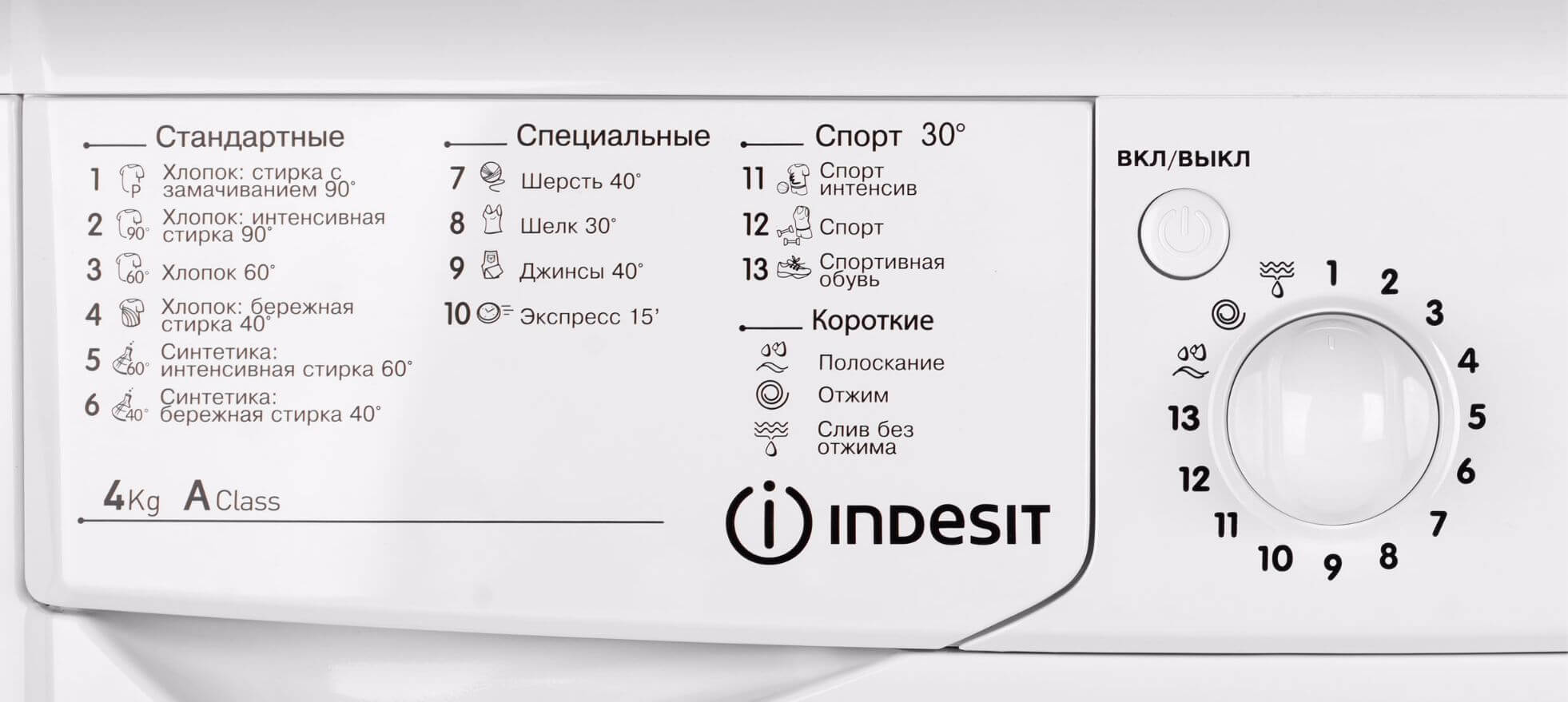
Pre-soaking
Soaking removes some of the dirt before washing to lighten the wash and maintain the strength of the fabric. During the process, the water must completely cover the laundry in order to avoid the accumulation of dirt in individual places. It is worth using not very hot water, with a temperature of up to 40 degrees. This is especially true for protein contaminants, since they curl up at high temperatures.
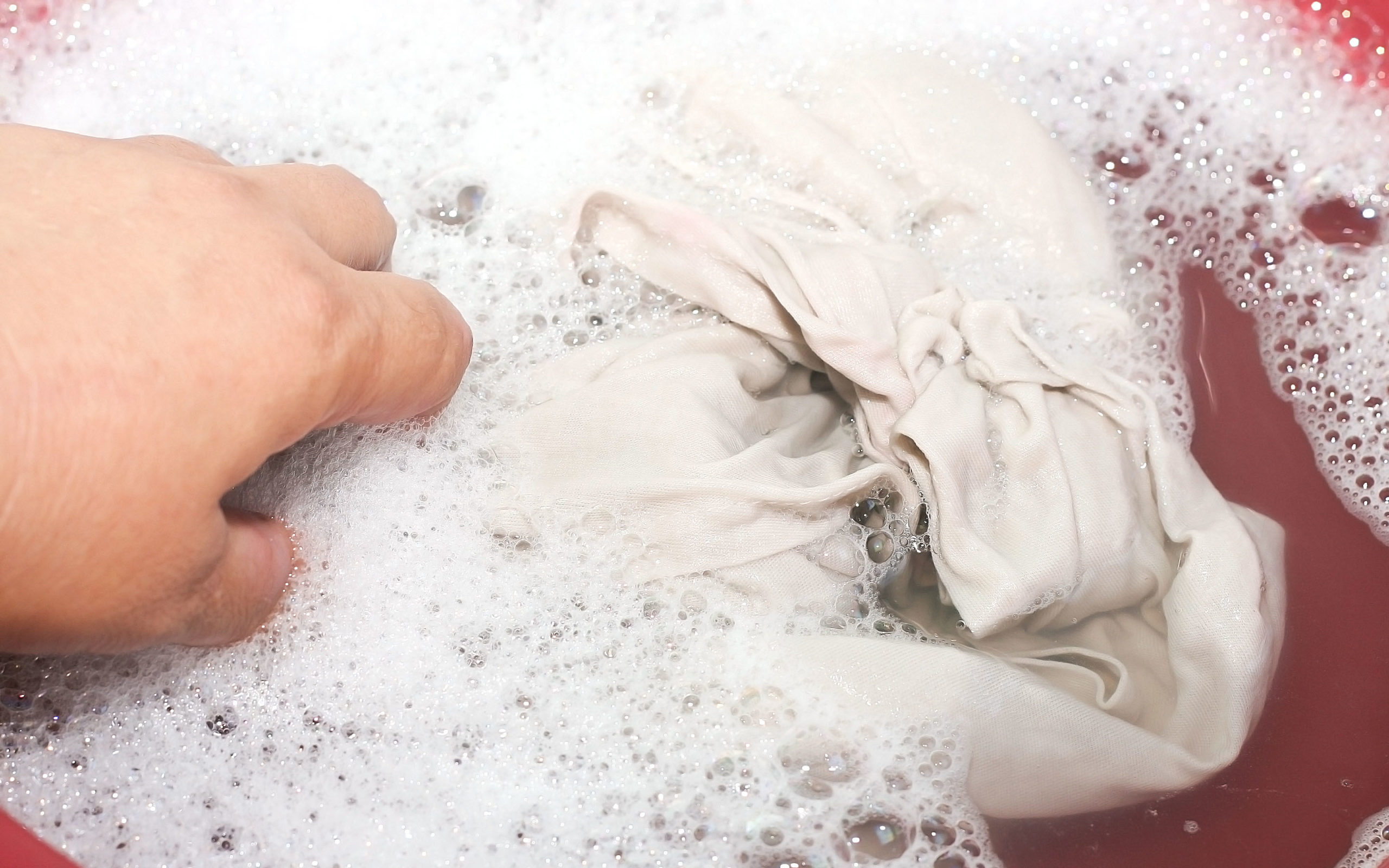
Note! Water-soluble or weakly fixing dirt such as dust on curtains must be rinsed out using a jet of water before soaking.
Sometimes a preliminary wash in a washing machine is also used, which is an analogue of soaking.
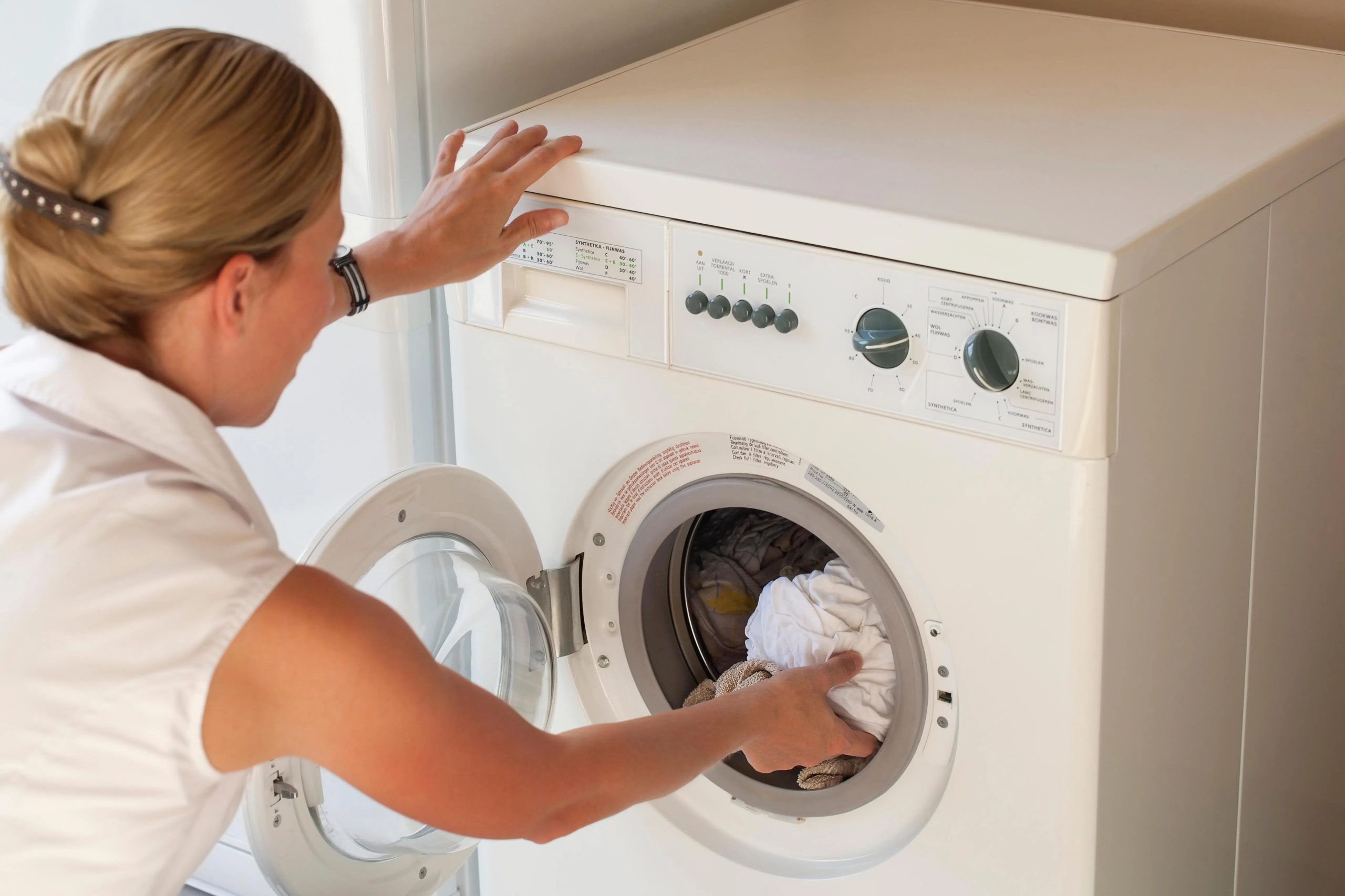
How to take care of your machine after washing
After washing, open the loading door for a while and pull out the powder container.This is necessary to completely dry out and prevent the appearance of unpleasant odors. The container itself should be removed from time to time and rinsed thoroughly to avoid the formation of mold. After each wash, it is worth inspecting the drum for foreign particles such as threads and small objects.
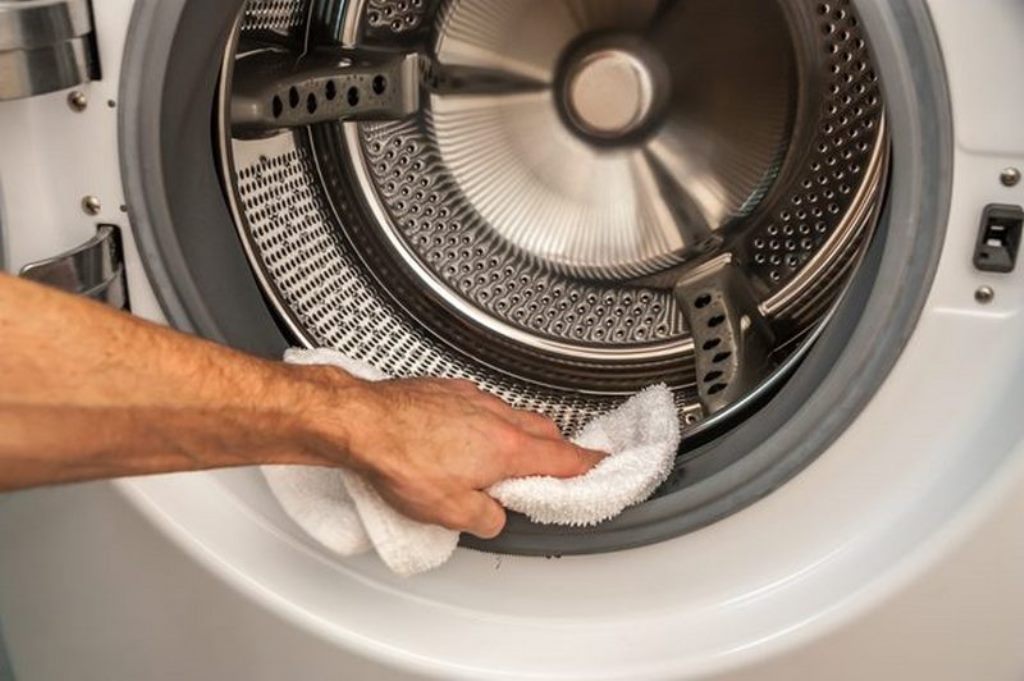
Periodically, the machine needs to be thoroughly cleaned. This can be done by running one dry cycle at 60 ° C using a mixture of powder and bleach.
The correct operation of the washing machine is not difficult and does not require much effort. However, it allows not only to improve the quality of washing, but also to extend the service life of the equipment.
VIDEO: How to use the LG washing machine.




